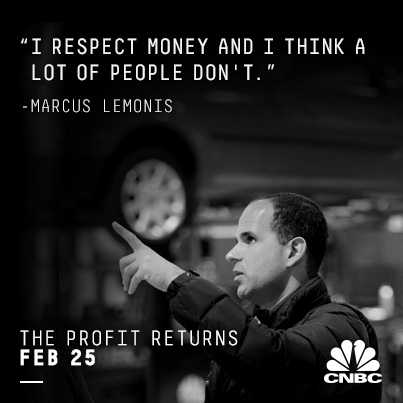With the rise of crowdfunding, the ability to raise money from online donations, it’s never been easier to build support to help get your small business or project off the ground. From helping seed the current wearable tech craze by proving a market support for products like TikTok and Pebble, to supporting independent artists as they create albums and films, crowdfunding has become a viable—and valuable—route to success.
Crowdfunding can test interest among consumers for your product and also rally your supporters to action. Yet as sites like Kickstarter have ballooned with campaigns, a number of new, more specific crowdfunding platforms have emerged to focus donors’ interests. There are so many, in fact, that they have spawned the need for sites like CrowdsUnite, which help entrepreneurs narrow down their crowdfunding options based on the goals of their projects.
From causes to apps to personal pleas for help, there is a crowdfunding platform for nearly everything. Here’s a guide to help get you started.
1) Kickstarter
Kickstarter remains the granddaddy of crowdfunding platforms, with some of the highest-funded projects to date. The site remains primarily focused on creative projects, though it has a strong history of helping tech products get to market as well. Kickstarter provides an all-or-nothing funding model, where campaigns need to reach their full funding goal to receive the donations, and creators are encouraged to provide incentives and perks for donation levels.
2) Indiegogo
Indiegogo provides more flexibility than Kickstarter, both in the types of campaigns it allows and donation methods. With a particular emphasis on its international reach, Indiegogo is effective for funding everything from art projects to charities. It distinguishes itself importantly by allowing giving project hosts the option to keep whatever funds are raised for a campaign, regardless of whether a goal was met or not.
3) PledgeMusic
One of crowdfunding’s first successful markets was music, with direct-to-fan support offering an alternative to a disrupted industry. A number of sites have taken up the call with a focus specifically on such projects. PledgeMusic doesn’t have a campaign goal requirement for donations to be paid, but it does take a hefty 15 percent cut, as compared to the typical 5 percent. Focusing specifically on musicians, though, has the perks to help projects to fruition, with tools designed specifically for artists to reach their fans. See also Sellaband.
4) Crowdfunder
Getting the capital to start your small business is one of the toughest challenges for entrepreneurs, and Crowdfunder was developed with businesses specifically in mind. Rather than just donation-based funding, Crowdfunder connects entrepreneurs with investors who can support a business with as little as $1000. No need to find venture capitalists or take out loans if you can garner the investment support for your company among the vetted investors, like a more open Angellist. And Crowdfunder emphasizes building vibrant, entrepreneurial communities with events and real-world pitch sessions. See also Somolend and Fundable.
5) Crowdtilt
Crowdtilt is a bit of a different spin on crowdfunding, with a strong focus on helping groups gather and collect funds for just about anything. Projects run from charity drives to groups looking for an easy way to collect money among themselves for a vacation or venture. Think of it as a more personal project funding platform to pool money among friends, though it can certainly reach further.
6) Rally
Rally.org wants to help you “raise money for what matters,” so it provides a particular focus on charities and causes. With an emphasis on education, community, and advocacy fundraising, Rally is ideal for more socially minded projects, though the platform also offers support for traditional crowdfunding efforts as well. Its raise-what-you-can funding model ensures that support will be received no matter your financial goal. See also Crowdrise and Razoo.
7) Rockethub
Rockethub understands that raising the money for your project is just the first step to success, so its wants to help entrepreneurs with a full-service platform to help bring their vision to market. While you can of course mobilize crowdfunded support on the site, the site’s LaunchPad offering helps connect campaigners to experienced marketers and even brands, so even creative projects can find top publicity and opportunities.
8) GoFundMe
For people looking to raise money for personal relief or causes, GoFundMe has become the most popular resource online. The site’s focus is geared towards the individual, to raise donations for emergency or social support, but it can also host a number of other projects, whether around a cause or community or creative and entrepreneurial efforts. Campaigns keep any money raise rather than having to meet a goal. See also YouCaring.
Now you’ve got your funding game plan ready. What’s next? Marcus Lemonis might suggest focusing on the “Three P’s.” Find out what they are and get other tips from Lemonis on the Season 2 premiere of The Profit tonight at 10pm ET—only on CNBC.
If you need more business advice, you’re in luck. Marcus Lemonis will also hold a Reddit AMA Monday, March 14, at noon ET. Put your question below or tweet at us for a chance to win a CNBC grand prize pack!
Photo by by epSos.de/Flickr (CC BY 2.0)



